How domestic abusers are exploiting technology
Apps intended for child safety are being used to secretly spy on partners
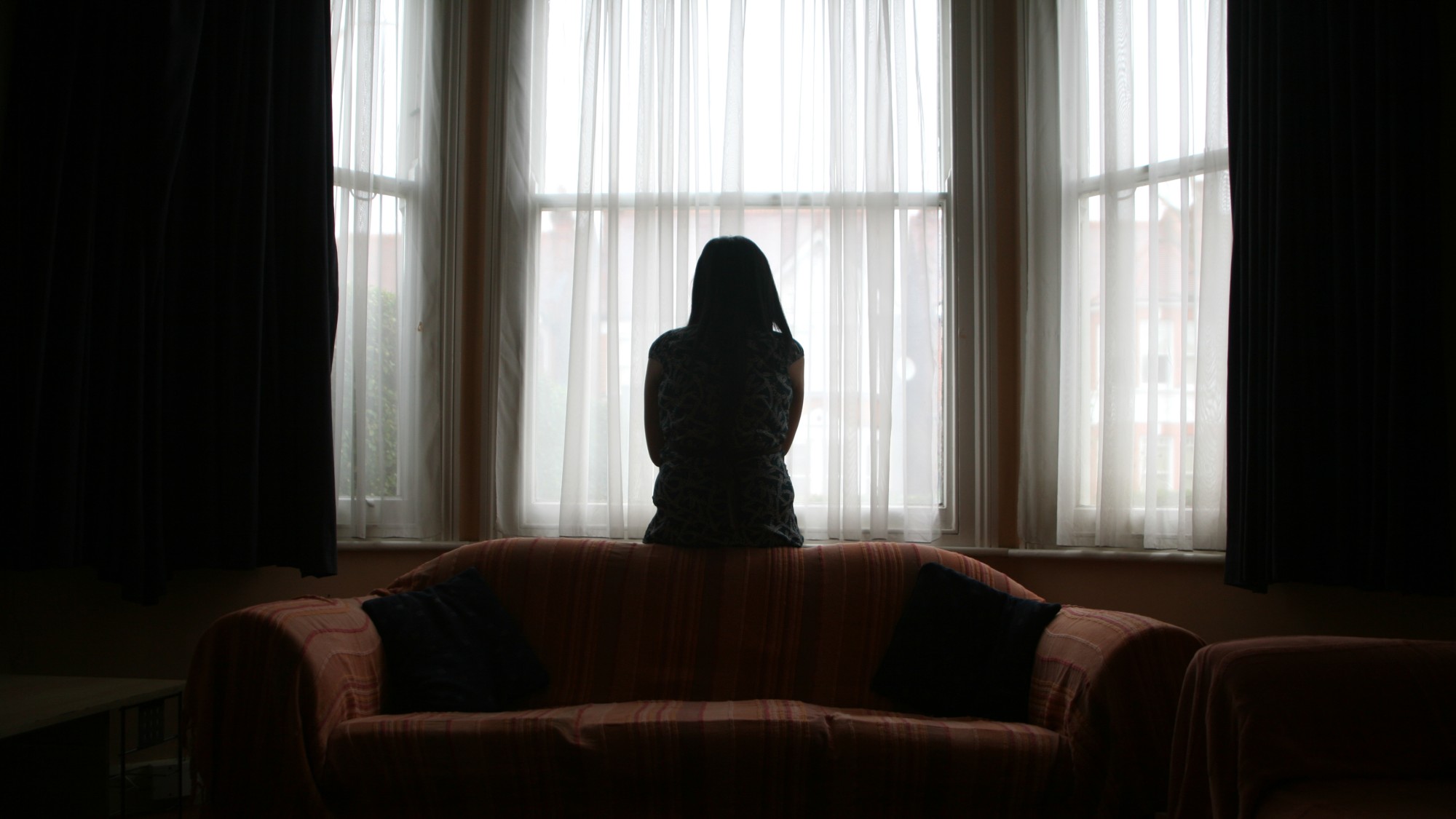
A free daily email with the biggest news stories of the day – and the best features from TheWeek.com
You are now subscribed
Your newsletter sign-up was successful
Apps designed as tools to keep children safe are being exploited by domestic abusers to secretly spy on their partners.
The "booming market" for "family-tracking" apps that allow parents to see their child's location, limit screen time and control internet access, also has a darker side, said Sky News.
What is stalkerware?
A woman told the broadcaster that she became suspicious when her "coercive and controlling" ex-partner kept "turning up in places" she hadn't told anyone she would be, even locations miles from where they lived.
She wondered if she'd been "microchipped – like a cat" but a worker at a phone repair shop told her that a hidden app called mSpy was "feeding everything" on her phone, including her precise location, to a remote dashboard, accessible to the person who had installed it.
The Week
Escape your echo chamber. Get the facts behind the news, plus analysis from multiple perspectives.

Sign up for The Week's Free Newsletters
From our morning news briefing to a weekly Good News Newsletter, get the best of The Week delivered directly to your inbox.
From our morning news briefing to a weekly Good News Newsletter, get the best of The Week delivered directly to your inbox.
Melody said she felt as though "my entire life had been ripped from me" when she realised her ex could "see everywhere I'd been, every person I'd spoken to" and "everything in my diary".
The app is just one example of "stalkerware" – software "covertly" installed on someone's phone so they can be "monitored remotely" – said the broadcaster. Of the 18 apps that cybersecurity companies "flagged" to Sky News, 14 are marketed as parental control software, and this advertising strategy allows the firms to "skirt laws" on covert surveillance, said an expert.
Researchers at Montreal's Concordia University said common features of this sort of technology include tracking someone's location, spying on messages and calls, remotely activating their camera and viewing social media and browsing history. Their use is on the rise: the digital security company Avast reported an increase of more than 200% over the past three years.
What other tech is exploited by abusers?
The domestic-violence charity Refuge said more than 70% of those it provides support to have experienced tech-related abuse within a relationship, reported the BBC. Examples of technology that can be used for "tech-enabled abuse" include video doorbells, smart TVs and Amazon Alexas, said Lifestyle Health Hub.
A free daily email with the biggest news stories of the day – and the best features from TheWeek.com
A study for the outlet found that 41% of UK women said that a partner or family member knows the password to their personal devices – with 28% of these women saying that they did not give this password willingly.
Some 66% of women didn't know where to get information to help secure the devices in their home if they felt they had been compromised by an abuser, and that figure rose to 79% among those aged 45 and over.
How can you tell if someone is spying on your phone?
If you think someone is spying on your phone, you can "look for signs like data usage increases, battery drain, overheating or unfamiliar apps", said Top10VPN.
Whether you have an Android or iPhone, the "most effective option" to get rid of rogue apps is to do a factory reset, but that will also remove all your data and apps on the device, so back up your data first.
Chas Newkey-Burden has been part of The Week Digital team for more than a decade and a journalist for 25 years, starting out on the irreverent football weekly 90 Minutes, before moving to lifestyle magazines Loaded and Attitude. He was a columnist for The Big Issue and landed a world exclusive with David Beckham that became the weekly magazine’s bestselling issue. He now writes regularly for The Guardian, The Telegraph, The Independent, Metro, FourFourTwo and the i new site. He is also the author of a number of non-fiction books.
-
 Why is the Trump administration talking about ‘Western civilization’?
Why is the Trump administration talking about ‘Western civilization’?Talking Points Rubio says Europe, US bonded by religion and ancestry
-
 Quentin Deranque: a student’s death energizes the French far right
Quentin Deranque: a student’s death energizes the French far rightIN THE SPOTLIGHT Reactions to the violent killing of an ultraconservative activist offer a glimpse at the culture wars roiling France ahead of next year’s elections
-
 Secured vs. unsecured loans: how do they differ and which is better?
Secured vs. unsecured loans: how do they differ and which is better?the explainer They are distinguished by the level of risk and the inclusion of collateral
-
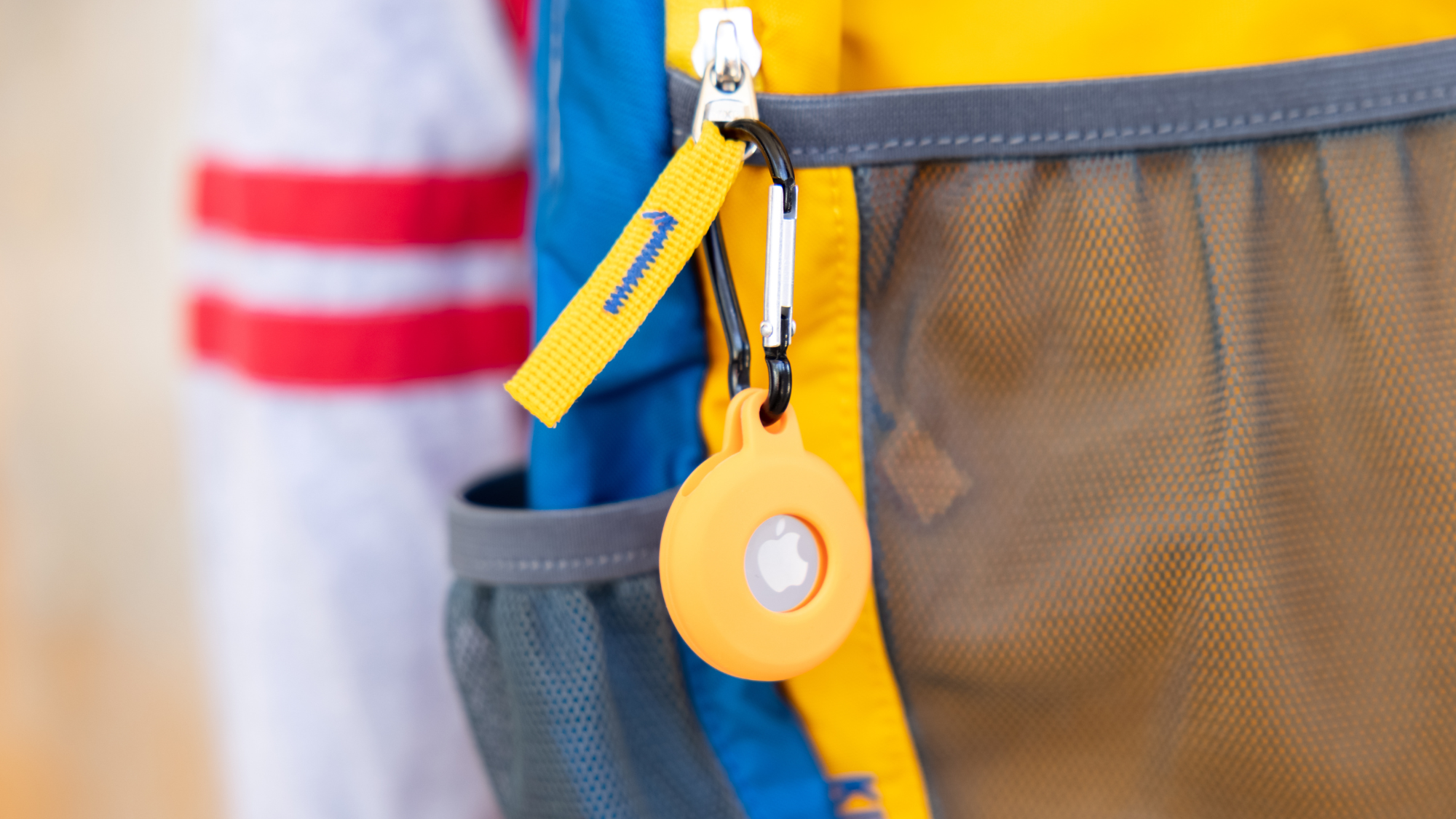 Should parents stop tracking their kids?
Should parents stop tracking their kids?Talking Point Experts warn the line between care and control is getting murkier – and could have consequences
-
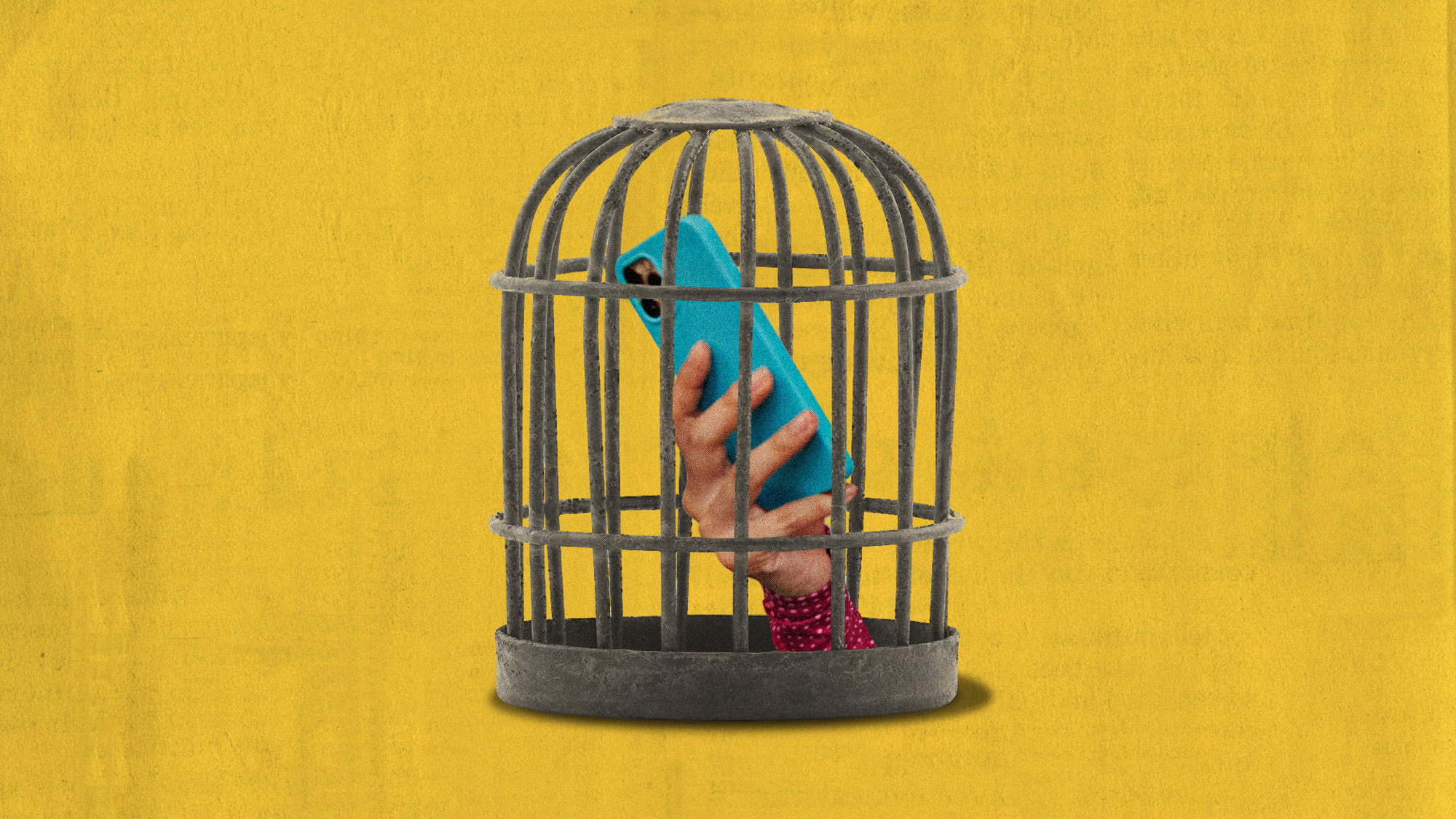 Back to the future: Kids embrace ‘old school’ devices
Back to the future: Kids embrace ‘old school’ devicesUnder the radar From MP3s to sewing machines
-
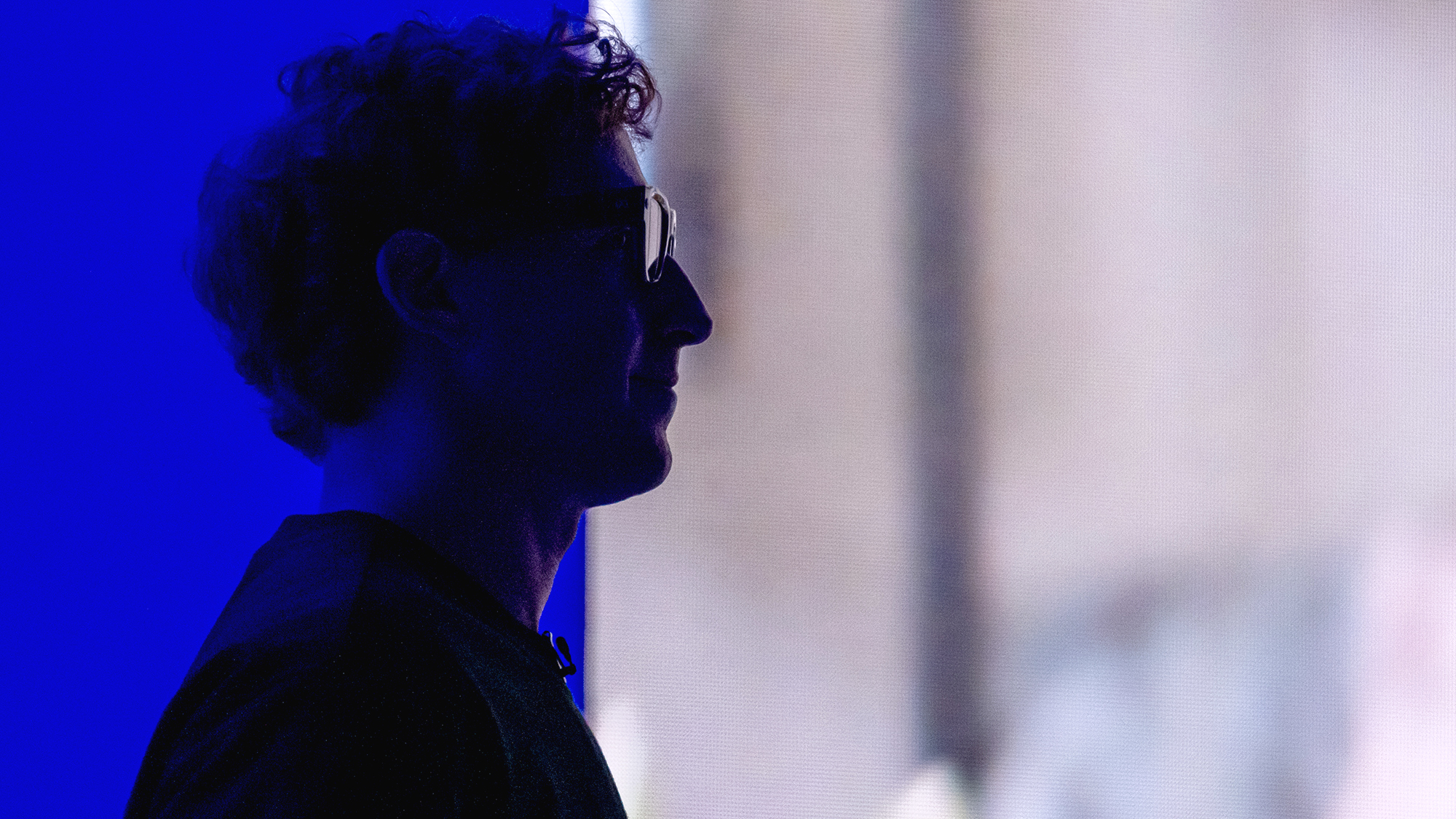 Smart glasses and unlocking ‘superintelligence’
Smart glasses and unlocking ‘superintelligence’The Explainer Meta unveiled a new model of AI smart glasses this week, with some features appearing ‘unfinished’ at a less-than-perfect launch
-
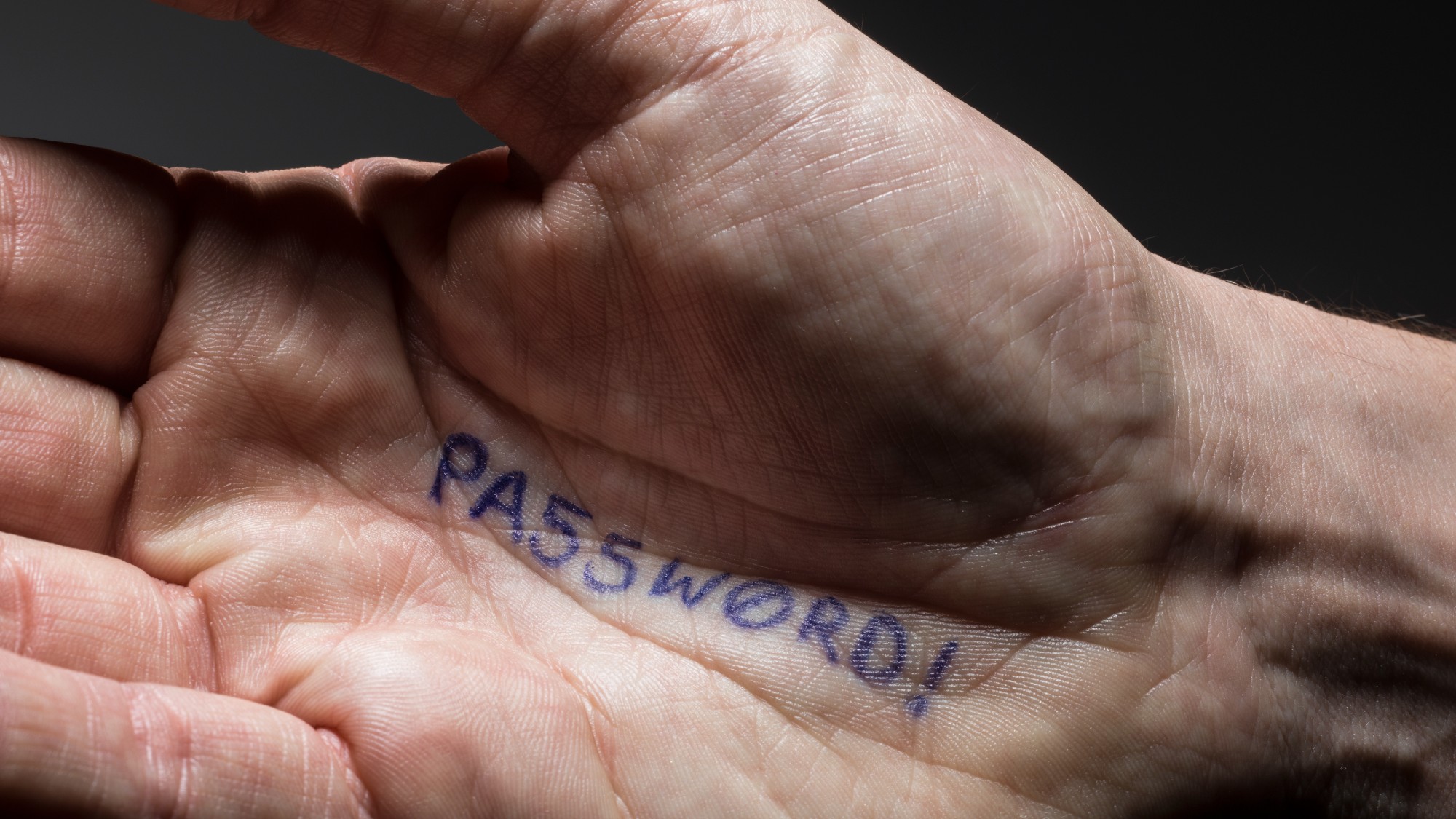 Why passkeys are the next frontier in digital security
Why passkeys are the next frontier in digital securityThe Explainer A disruptive new technology promises to put passwords to bed forever — but not yet
-
 5 password habits that put you at risk
5 password habits that put you at riskThe Explainer These common — and understandable — password shortcuts are a hacker's dream
-
 3 varied alternatives to X for when you simply cannot with the new iteration of Twitter
3 varied alternatives to X for when you simply cannot with the new iteration of TwitterThe Explainer These competing microblogging sites have struggled to catch up to Elon Musk's market behemoth
-
 The micro-cheating phenomenon
The micro-cheating phenomenonIn The Spotlight Relationship buzzword covers a host of 'seemingly small betrayals'
-
 Electric Dreams: a 'nerd's nirvana' at Tate Modern
Electric Dreams: a 'nerd's nirvana' at Tate ModernThe Week Recommends 'Poignant' show explores 20th-century art's relationship with technology